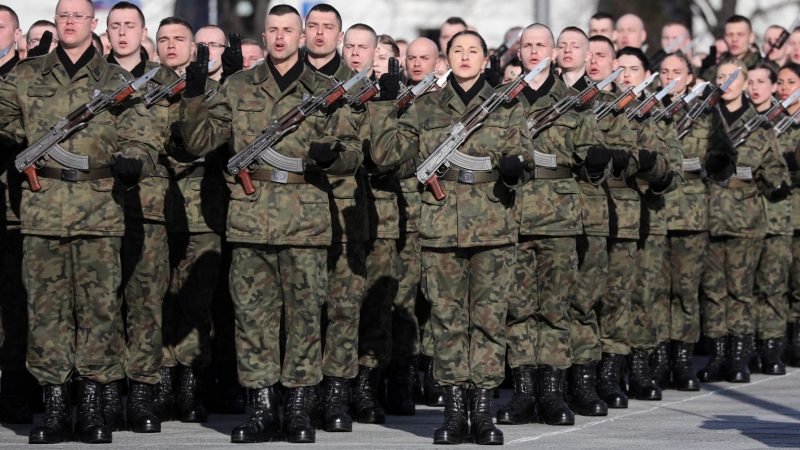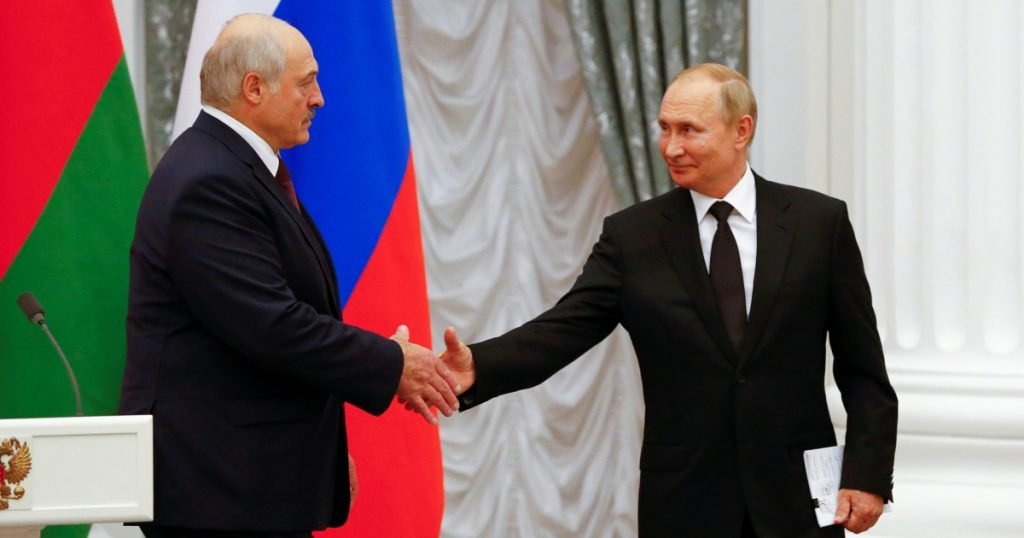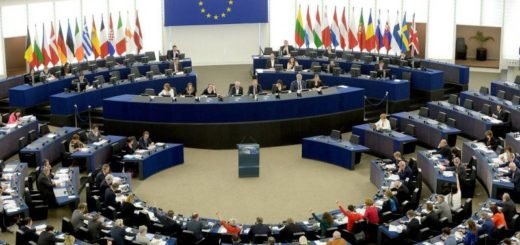Poland continues to plan radical strengthening of its Military amidst existential crisis in EU

Poland finds itself double-bonded, clawed between the differences with its EU allies on the refugee crisis and the fine imposed by the European Court of Justice (ECJ) as a penalty for its overt procedures to turn a blind eye on an EU verdict on Warsaw judicial reforms. A member of NATO since 1999, Poland has been charged with nearly $1.2 million daily. One of the few affiliated countries of the EU and NATO, to plough back at least 2% of its GDP for defence development and regeneration. Pointing out the EU’s motives to detain Polish rights over internal issues of jurisprudence, Prime Minister Mateusz avouched it to be a trigger for terror-stricken World War 3.
On addressing the influx of immigration from its eastern flank, the Polish government introduced a homeland defence bill that disserts strongly on the radicalization of its military to heighten up its preexisting security across the frontiers. Zeroing in on hybrid warfare undertaken by Belarus, Jarosław Kaczynski, the deputy prime minister of the country, harped on the international crisis Poland has been grappling with, by use of expatriates. The bill is an act of necessity as the Polish economy is crumbling under forceful emigration. Poland’s geopolitical location continues to be strategic in the EU which authenticates different types of incoming menaces including Putin’s arduous imperialistic goals.

The iron move by Poland came a month later, after Putin and Alexander Lukashenko committed themselves to improve their bilateral relations. With covert joint military exercises underway, Warsaw announced ‘the state of emergency’ as Poland registered a surge in refugees. Accentuating the doctrine of warfare, Kaczynski declared in an official statement, “If we want to avoid the worst, that is war, we have to act according to the old rule: ‘If you want peace, prepare for war.’’ The charter of the bill is yet to be ratified by the President to come into force. It proposes to modify the 1967 act which professes Russian supervision over its eastern military agreement under the Warsaw Pact.
The bulwark between the EU and NATO has caused the kinetics of geopolitics to alter in the tenure of Lukashenko. With the citizens disapproving re-election of the Belarus president, intelligence crackdowns followed by severe torture and imprisonment have caused thousands in exile under the Polish skies. While Lukashenko has favoured refugees from the Middle East, Africa, and any other country seeking asylum in the EU through Poland, it puts Warsaw at stake, jeopardizing its internal security over the humanitarian crisis. Kaczynski stresses further on building up a stronger self-reliant army with major deterrent capabilities. The proposal for having a robust Polish military is criticized heavily by refugee organizations after thousands of migrants are left to die on the Belarus-Poland border. Accounting for nearly 7 deaths in the last few weeks, Poland continues to force expatriates back to Minsk.
Picking up on NATO’s modus operandi, Kaczynski along with Mariusz Blaszczak, Poland’s defence minister, placed confidence that the modifications in immigration policies are for the greater good of NATO. Citing to raise the defence budget, Poland wishes to expand the active military strength up to 250000 personnel and 50,000 reserve forces. Kaczynski envisages purchasing US armaments along with European ones to further equip the Polish military.
With the new bill in order, the Polish government has authorized the border forces to show the door to the fugitives without investigation or processing any kind of requests for asylum from them. Setting up electrified razor wires, Warsaw has laid down provisions for fortifying borders with sensors. In the past two years, Poland had strongly resisted Muslim immigrants adhering to keep the Polish sentiments intact. The UNHCR and European Convention on Human Rights have urged Poland to assist and aid any migrants seeking refuge under international law.


















